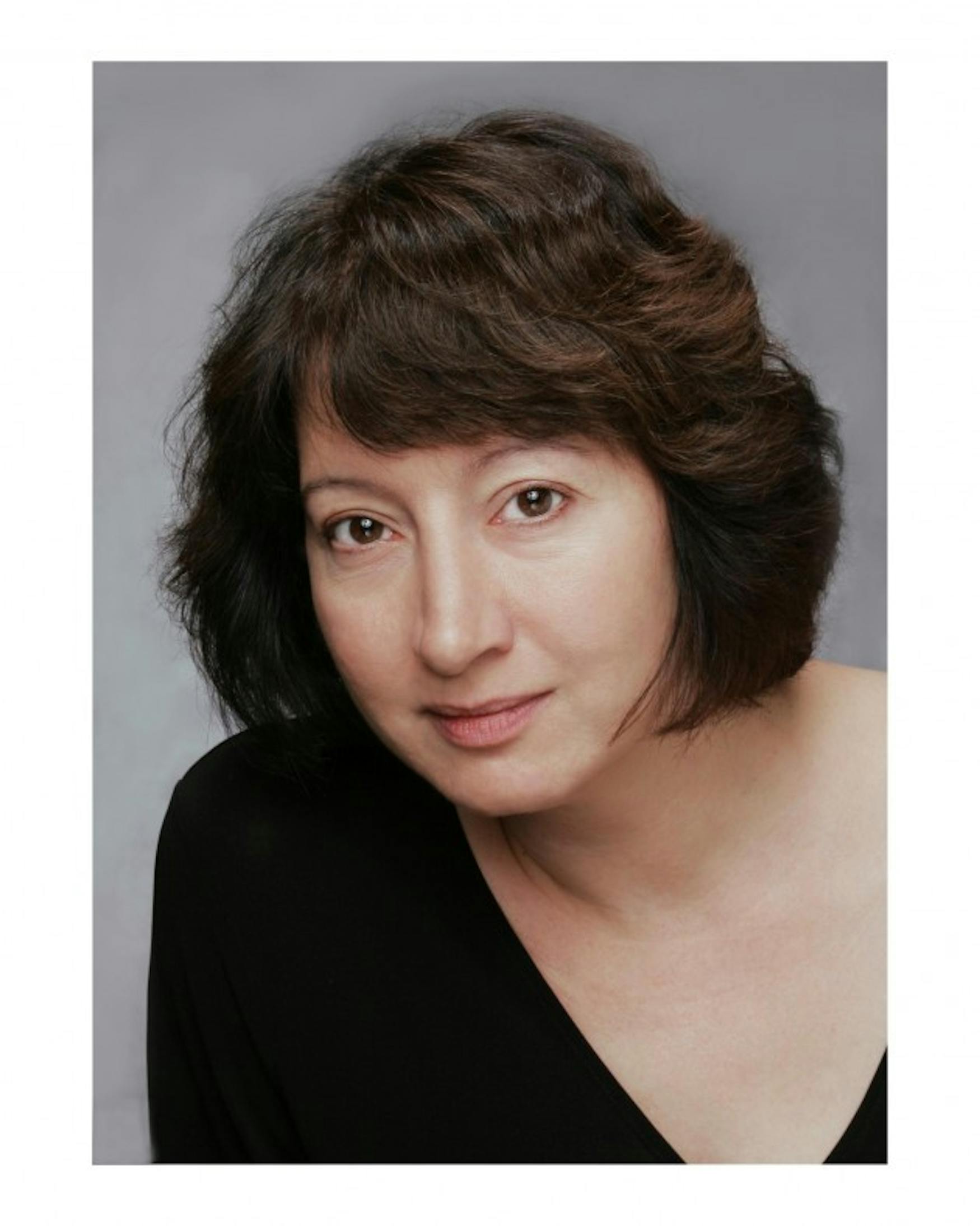Krstansky boosts film acting education
Prof. Adrianne Krstansky (THA) has expanded into new scholarship in the past couple of years with film acting, a type of acting uncommon in the University's Theater Arts department. Krstansky had a role in Company Men, a 2010 feature film about corporate downsizing and unemployment starring Ben Affleck. She will also be starring in an episode of the upcoming HBO miniseries Olive Kitteridge, based on the novel of the same name by Elizabeth Strout. The Theater Arts department describes itself as "New England's leading professional theater training program," placing an emphasis on stage acting, which makes Krstansky's activities all the more unique in the department.
Krstansky explained in a phone interview with the Justice that she needed to learn "on the fly" in her first film acting experiences. "There were a couple of actors there [to whom] I was able to say 'Okay, teach me right now what I need to know,' and I asked to watch a couple of scenes being shot ... [to] get the idea of what exactly would be required of me," she said. On the set of Company Men, she played the role of Ben Affleck's secretary. He was "very nice, like a dad. We talked about our kids," she said. In Olive Kitteridge, she plays a woman in the neighborhood who encourages Olive to seek therapy for recent traumatic events in her life.
With these roles, Krstansky has become very familiar with the differences between film and stage acting. "If you're in a huge room filled with 300 people, the engagement of your voice and body is such that it has to energetically reach out and affect people who are far away from you," Krstansky said in reference to stage acting. In contrast during film acting, she explained that, "there's a sense of intimacy and privacy about it that you can really indulge in with the person you're acting with." Additionally, with film acting, Krstansky added that "there's something about the amount of money that's involved on a film set that the stakes feel very high in terms of being able to deliver something kind of immediately, and there's something about that challenge that I also find quite thrilling."
When asked about a new focus on film acting in the Theater Arts department, Krstansky responded, "I think that's something that we're looking very deeply at and feel that we need to expand into." The chair of the Theater Arts department, Prof. Susan Dibble (THA), confirmed Krstansky's opinion about expanding into film acting, writing in an email to the Justice that "[w]e are think[ing] about ways to offer students more experience in working in film. It will involve planning and resources, but it is something we are interested in teaching our students about." In regard to courses that the department offers to prepare students specifically for film acting, Dibble wrote that the department currently offers "THA 125A: Acting for the Camera," taught by Krstansky, and is hoping to offer another course related to film in the future. Dibble wrote that Prof. Robert Walsh (THA) has also been involved in film and television acting, having starred in an episode of the show Body of Proof on ABC and the TV movie The March Sisters at Christmas, according to his profile on the University's Faculty Guide.
Despite the interest in building the film curriculum in the department, however, Krstansky expressed a belief that "if you only took film acting classes, I think you would be missing out on a lot of the richness and the depth that you could learn from theater acting." The role of the Theater Arts faculty, Krstansky elaborated, should be to "help makes the bridges between the two [disciplines]." Dibble made a similar comparison to bridging theater and film acting training among the faculty. She wrote in her email to the Justice that both Krstansky and Walsh represent individuals "who [have] excellent stage acting training and [are] able to enter the film acting industry because of [their] solid training in acting for live theater."
Krstansky explained that the need for the department to expand beyond theater acting is a practical one. "You need to be able to do other things because you cannot make a living doing theater in this country," Krstansky said. "So I think as a department, we are feeling a growing obligation to at least-in the graduate program, certainly-but at least for the undergraduates, giving them the sort of rudimentary tools that they can walk onto a film set and have the bare necessities of what they would need in order to do the job."
*




Please note All comments are eligible for publication in The Justice.